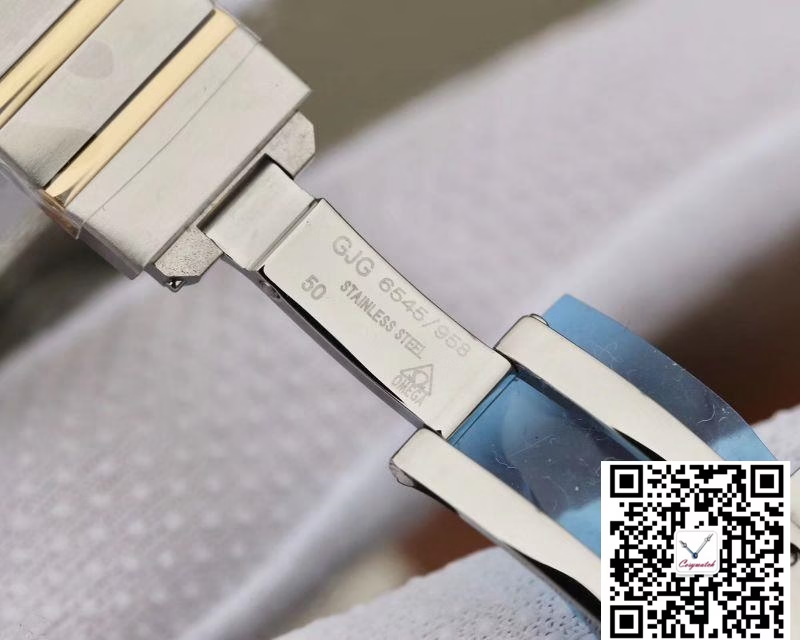Factory Fresh: Transforming Industry with Clean Technology

In the era of rapid industrial growth and technological advancement, the concept of sustainable manufacturing has become more than just a buzzword – it’s a necessity. In the heart of this movement lies the innovative approach of “factory Fresh: Transforming Industry with Clean technology“. This article explores how the integration of cutting-edge clean technology is reshaping the traditional industrial landscape, paving the way for a more environmentally conscious and efficient future. Join us on a journey through the revolution of industry, where sustainability meets Innovation in the quest for a cleaner, greener tomorrow.
Revolutionizing Manufacturing Processes through Sustainable Practices
In an effort to reduce the Environmental Impact of manufacturing processes, companies are turning to clean technology solutions that not only minimize waste but also improve efficiency. By implementing sustainable practices, factories are revolutionizing the way goods are produced, setting a new standard for eco-friendly and socially responsible manufacturing.
One of the key strategies being adopted is the use of renewable energy sources such as solar or wind power to reduce reliance on fossil fuels. Additionally, implementing **energy-efficient** machinery and equipment helps to lower energy consumption and decrease greenhouse gas emissions. By focusing on reducing waste and optimizing resources, factories are not only saving money in the long run but also contributing to a healthier planet for future generations.
Implementing Cutting-Edge Clean Technologies for Improved Efficiency
In today’s rapidly evolving industrial landscape, the integration of cutting-edge clean technologies is becoming more imperative than ever before. With a heightened focus on sustainability and efficiency, factories are turning to innovative solutions to reduce their environmental impact while improving productivity. By embracing renewable energy sources such as solar power and wind turbines, manufacturers can significantly decrease their carbon footprint and energy costs simultaneously.
Furthermore, the implementation of advanced recycling systems and waste reduction strategies allows companies to minimize their environmental footprint and streamline their operations. Embracing automation and smart technologies also plays a key role in optimizing production processes and reducing resource consumption. By making these essential shifts towards cleaner and more efficient practices, factories can lead the way in transforming industry for a more sustainable future.
Championing Environmental Conservation in Industrial Operations
In today’s rapidly evolving industrial landscape, the importance of championing environmental conservation in operations cannot be overstated. As industries continue to grow and expand, the need for sustainable practices becomes more apparent. Embracing clean technology is the key to transforming traditional industrial operations into eco-friendly, forward-thinking processes.
By implementing innovative solutions such as **renewable energy sources** and **waste recycling programs**, factories can significantly reduce their environmental footprint. Through a combination of cutting-edge technology and a commitment to sustainability, industrial operations can not only thrive but also lead the way in promoting a greener, more environmentally conscious future.
Maximizing Profitability with Eco-Friendly Innovations
When it comes to maximizing profitability in the industrial sector, one key strategy is embracing eco-friendly innovations. By implementing clean technology solutions, factories can not only reduce their environmental impact but also cut costs and increase efficiency. One way to achieve this is by investing in energy-efficient machinery and processes, which can lead to significant savings on utility bills over time.
Another smart approach is to incorporate sustainable materials into production processes. By using recycled or renewable resources, factories can not only reduce waste but also appeal to environmentally conscious consumers. Additionally, implementing green practices such as water recycling and waste reduction can further enhance the overall sustainability of the operation. Embracing eco-friendly innovations is not only good for the environment but can also be a profitable strategy for businesses looking to stay ahead in today’s competitive market.
Q&A
Q: What is clean technology and how is it transforming industry?
A: Clean technology refers to using renewable energy sources and sustainable practices to reduce the environmental impact of industrial processes. It is transforming industry by helping companies minimize their carbon footprint and operate more sustainably.
Q: How can clean technology benefit factories and manufacturing plants?
A: Clean technology can benefit factories and manufacturing plants by reducing energy consumption, decreasing waste production, and cutting emissions. This can lead to cost savings, improved efficiency, and a positive reputation for being environmentally friendly.
Q: What are some examples of clean technology that can be implemented in factories?
A: Examples of clean technology that can be implemented in factories include solar panels for renewable energy generation, water recycling systems to reduce water usage, and energy-efficient lighting and machinery to decrease energy consumption.
Q: How can companies transition to using clean technology in their operations?
A: Companies can transition to using clean technology in their operations by conducting energy audits to identify areas for improvement, investing in sustainable technology and practices, and training employees on how to implement and maintain clean technology solutions.
Q: What are the potential challenges of adopting clean technology in industrial settings?
A: Some potential challenges of adopting clean technology in industrial settings include high initial costs for implementing new technology, resistance to change from employees and management, and ensuring that clean technology solutions are compatible with existing infrastructure.
To Wrap It Up
As we look towards the future of industry, it is clear that clean technology is no longer just a buzzword, but a necessary and transformative solution. From reducing emissions to conserving resources, the shift towards environmentally-friendly practices is not only beneficial for our planet, but for our economy and society as a whole. The factory of tomorrow will be one that is both innovative and sustainable, powered by clean technology that is as impactful as it is efficient. So let us continue to push the boundaries of what is possible, and together, create a future where industry and the environment can coexist harmoniously. Join us as we embark on this journey towards a factory fresh world.


















